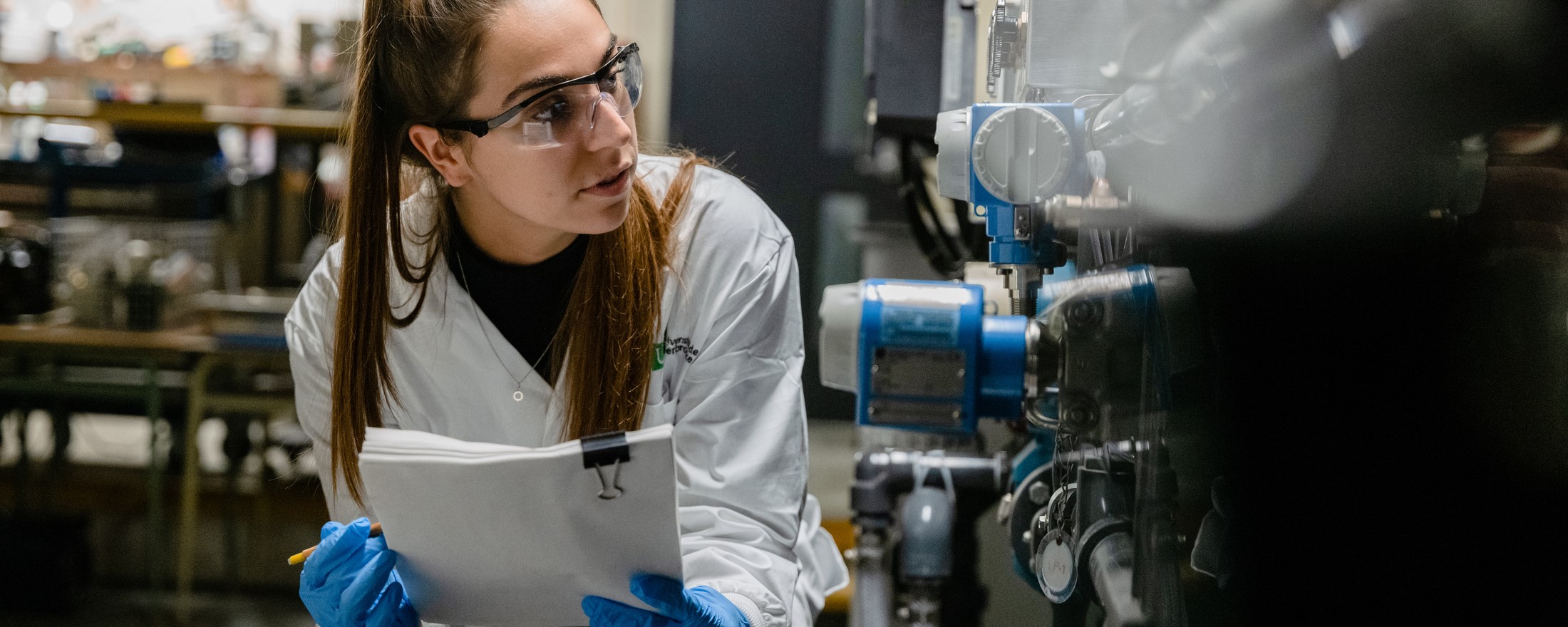Mapping of thin film properties for microelectronics applications
Overview
- RESEARCH DIRECTION
- Nadi Braidy, Professeur - Department of Chemical and Biotechnological Engineering
- RESEARCH CO-DIRECTION
- Mathieu Massicotte, Professeur - Department of Electrical and Computer Engineering
- ADMINISTRATIVE UNIT(S)
-
Faculté de génie
Département de génie chimique et de génie biotechnologique
Département de génie électrique et de génie informatique
Département de génie mécanique
Institut interdisciplinaire d'innovation technologique (3IT)
- LEVEL(S)
- 2e cycle
- LOCATION(S)
- 3IT - Institut interdisciplinaire d'innovation technologique
Project Description
Teledyne DALSA (TD) is collaborating with the Université de Sherbrooke to push back the frontiers of infrared camera performance by designing a new generation of thin films, and devising processes to implement them. AThese materials need to demonstrate a high sensitivity of their electrical resistance to temperature, while being stable and manufacturable on a large scale. The aim of this project is to understand the relationship between the microstructure and physical properties of thin films in order to maximize their performance for targeted applications. A combinatorial synthesis approach will be used to effectively explore the space of possibilities. This involves varying different synthesis parameters of the thin layer (thickness, composition, etc.) over the entire surface of the substrate. The objective of this master's project is to develop automated measurement systems that allow to map out effectively the electrical, thermal and optical properties of these thin layers produced by combinatorial synthesis. More specially, the successful candidate will implement data acquisition tools and strategies to map the electrical conductivity and infrared emissivity of thin layers. For this purpose, it will be necessary to adapt the equipment already available, namely an automated subpoint station and an FTIR microscope. Ultimately, this project will lay the groundwork to carry out an in-depth study of the physical properties of thin films, which will allow them to be correlated with local attributes of films produced by combinatorial synthesis. This master's project will be supervised by UdeS experts in nanomaterials and microelectromechanical systems (MEMS), Profs Nadi Braidy and Mathieu Massicotte. The work will be carried out at UdeS's Institute for Interdisciplinary Innovation in Technology (3IT) in the new TEM laboratory, at the Centre de Collaboration MiQro Innovation (C2MI) and at TD's Bromont plant. The 3IT is a unique institute in Canada, specializing in R&D related to energy, environment and health issues. C2MI is an international center for collaboration and innovation in MEMS and advanced encapsulation. Finally, Teledyne DALSA, one of the world's largest pure-play MEMS foundries, has been operating for over 30 years in Bromont, with 3,800 m2 of cleanroom space. The trainees will thus benefit from an exceptional research environment and a multidisciplinary academic and industrial team working hand in hand to develop the technologies of the future. Profile required • Bachelor’s degree in engineering or science in the field of physics, chemistry or materials; • Experience and skills in laboratory work, experience in thin film characterization is an asset; • Ability to communicate orally and in writing in English or French; • Strong capacity for adaptation, autonomy, teamwork and problem-solving; • Strong interest in materials physics, crystallography, microscopy and interdisciplinary R&D. Contact: emplois-materiaux@usherbrooke.ca Documents to be supplied: CV, university transcripts, statement of interest and 2 references
Discipline(s) by sector
Sciences naturelles et génie
Génie chimique, Génie électrique et génie électronique, Génie mécanique
Funding offered
To be discussed
Partner(s)
Teledyne DALSA, C2MI
The last update was on 24 July 2024. The University reserves the right to modify its projects without notice.
